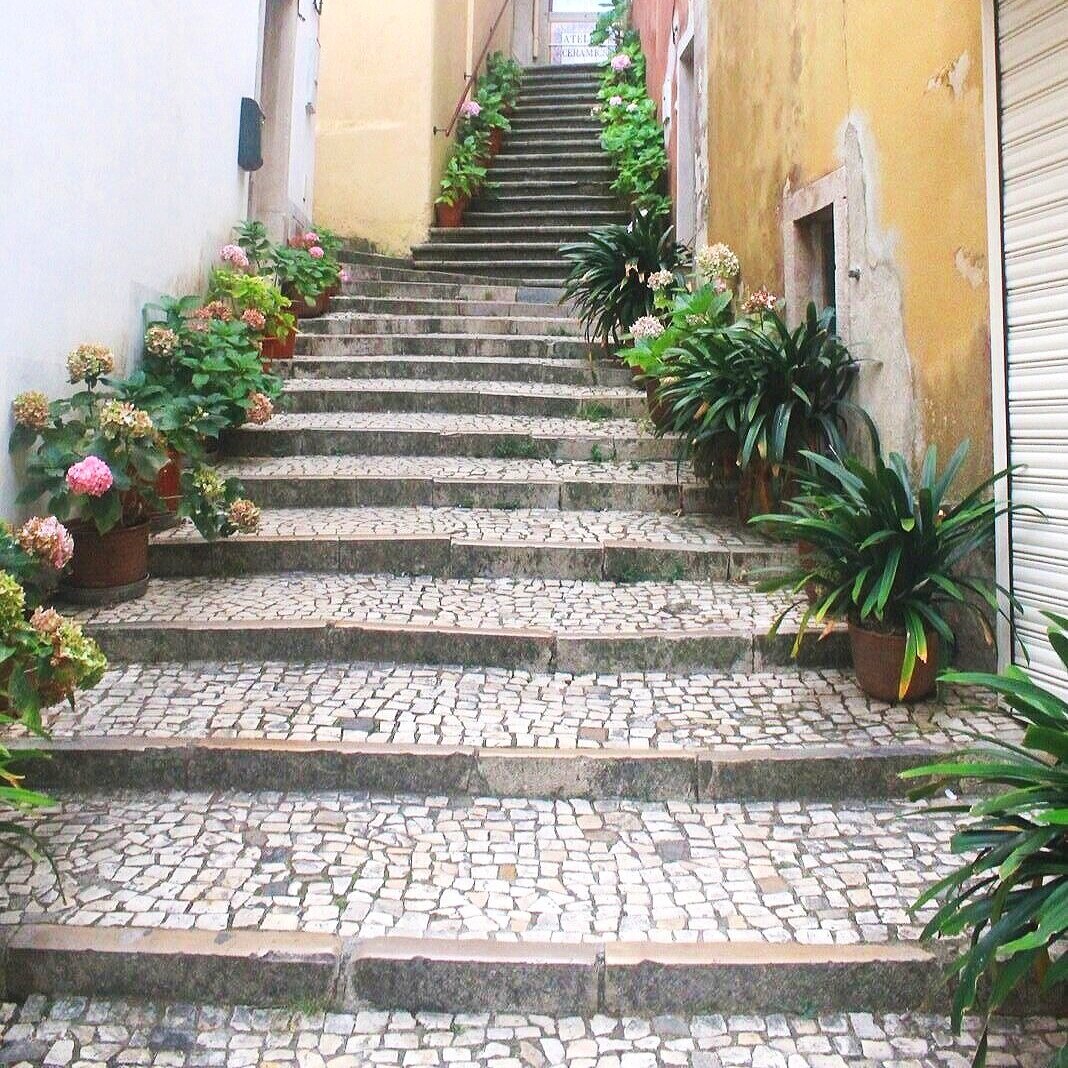Selecting a School in Portugal
Options, options, options.
Who loves making spreadsheets?! While I’m no worksheet whiz, I have found using a spreadsheet for school comparison a lifesaver.
Given the astronomical costs of private school in NYC, and considering that we’d already paid what seemed like a Harvard education’s worth of daycare fees leading up to Mia entering Pre-K, we never really considered anything other than the wonderful public schools in our very sheltered Park Slope, Brooklyn neighborhood.
So, when we started to consider what kind of school we wanted for kids in Portugal, we were a little out of our league. There are so many factors to consider from types of schools, the level of language immersion, long-term degree goals, costs, and more.
Renovating Life contains affiliate links. If you make a purchase through these links, we will earn a commission at no extra cost to you. As an Amazon Associate, we earn from qualifying purchases. Links like this allow us to continue providing top-quality content at no cost to you.
Types of Schools in Portugal
Portuguese Public Schools
Run by the Ministry of Education, these schools are location-based and free for all. According to a 2018 study, Portugal ranks 27th out of 78 countries when comparing scholastic performance on mathematics, science, and reading. But the system is plagued by similar issues to the U.S. public school system. Lack of funding, overcrowding, and minimal extracurriculars to name a few.
Portuguese Private Schools
Similar to the U.S., private schools have the funds to offer more to students, including extracurricular activities and clubs, modern facilities, one-on-one help. Entrance exams are common and entry can be competitive for limited spots. They teach the Portuguese curriculum and are usually faith-based. Costs can be prohibitive, but if you can afford it, you get what you pay for.
International Schools
Another paid education option with well-rounded curricula. Curricula vary depending on which national system the school follows—English National System, American common core, and so on. They can be very competitive but aim to offer world-class education and prepare students to be excellent global citizens. They also tend to be on the more progressive side.
Language Immersion
If your children already speak Portuguese, this section won’t really apply to you, but if you’re an expat and trying to decide how easily your child(ren) can pick up the language, keep reading.
Public schools are taught exclusively in Portuguese, so if your kids are not native speakers, it could be a very hard adjustment to make, and the older the child, the harder it will be. Many younger Portuguese speak fluent English, so opportunities to speak English will be there, but the curriculum will be entirely in Portuguese.
Private schools also mostly teach the curricula in Portuguese, although there may be more opportunities for students to get help with the language. In addition, class sizes are usually smaller, so teachers can help non-native speakers more.
International schools generally fall into two camps regarding the Portuguese language. Some offer a basic level of instruction (Portuguese language classes 2-3 times per week) while mostly teaching in English. Some offer more of a 50/50 split, teaching some subjects in Portuguese and others in English, allowing more exposure to the language. Also, there are a few schools that are of other nationalities such as French, Dutch, etc.
So, as you think about what your child(ren) can handle, their age, adaptability, and more, you’ll want to decide how much Portuguese you want them exposed to on a daily basis.
Diversity
All three types of schools have some degree of diversity, but, as I see it, they fall on the following spectrum.
Of course, this is a generalization. There are expats and international students in all these schools, but you’ll likely find that the private and international schools have many more students from around the world.
Curriculum Options
If your kids are older or you plan to live abroad through their secondary education years, you’ll want to consider the different types of certifications available, especially if they will pursue higher education.
Portuguese Curriculum
Public and private schools prepare children through grade 12 (though it should be said that school is only compulsory through grade 9) to either continue on to higher education or enter the workforce. During the secondary education years, students can choose between general studies or technological (vocational) studies.
International Baccalaureate (IB)
With a presence in over 150 countries, the four programmes (from age 3-19) aim to create a better world through education by fostering critical thinking, building problem-solving skills, and encouraging diversity, international mindedness, curiosity, and a healthy appetite for learning and excellence. The Diploma Programme (comprising the last two years of schooling and final exams) is recognized among the world’s higher education institutions, which could be an advantage of your child(ren) plan to seek higher education outside Portugal.
International General Certificate of Secondary Education (IGCSE)
The international version of the British Cambridge system teaches students in different subjects such as geography, math, science, etc. and students sit exams on these subjects at ages 14-16. The international program skews learning to a more global perspective compared to the GCSE but offers the same accreditation in the eyes of higher education institutions. Once they sit their exams, students can transition to the IB Diploma Programme if they so choose.
Location, Location, Location
There are a couple of ways to go about choosing a location. You can choose the type of school and then find suitable options and let that dictate where you’ll live. Or you can choose where you’d like to live and seek out schools nearby. There are a few caveats to the second approach. International schools tend to be located in the more populated areas with more expats, mainly Porto, Lisbon, and The Algarve. So, if you decide to seek out an international school, you’ll be a little more limited when it comes to locations. There are private schools throughout the country, but they may not be in the smaller villages or more remote areas. A perk of choosing the public school system is that every town or village will likely have at least one school.
What about us?
Personally, we’ve chosen to go the international school route as we love the ideology of fostering a globally-minded student and eventual citizen. This has limited our location options but not in a way that we feel we’ve missed out. Education is important, and we wanted to make sure we set our kids up for success according to what they need. We’ve narrowed it down to schools in the Cascais area, technically a suburb of Lisbon, but really an expat haven/fishing village gone global.
We focused on bilingual schools that not only offer Portuguese language lessons but also teach part-time in the language. To us, this will help immerse the kids in the language and culture more quickly and hopefully help with the transition.
We were drawn to the IB programme but it wasn’t a dealbreaker for us as long as the curriculum offered growth and provided options for higher education in the future.
After weighing the costs, scheduling virtual interviews, looking at locations, and after lots of research and a monster spreadsheet analysis, we’ve narrowed it down to a select few schools and are awaiting enrollment procedures to find out if our top choices have space for our oldest. Then we’ll make our final decision.
Luckily, we’ve accidentally chosen the perfect time to enroll, as many international schools open up new classes for Grade 1 and there tends to be more availability of spots during this year. If you have older children, it could be a bit more difficult to find a school with an open spot.
Check back for updates once we lock down our choice and officially enroll! And don’t miss out on these additional resources for moving abroad.





























